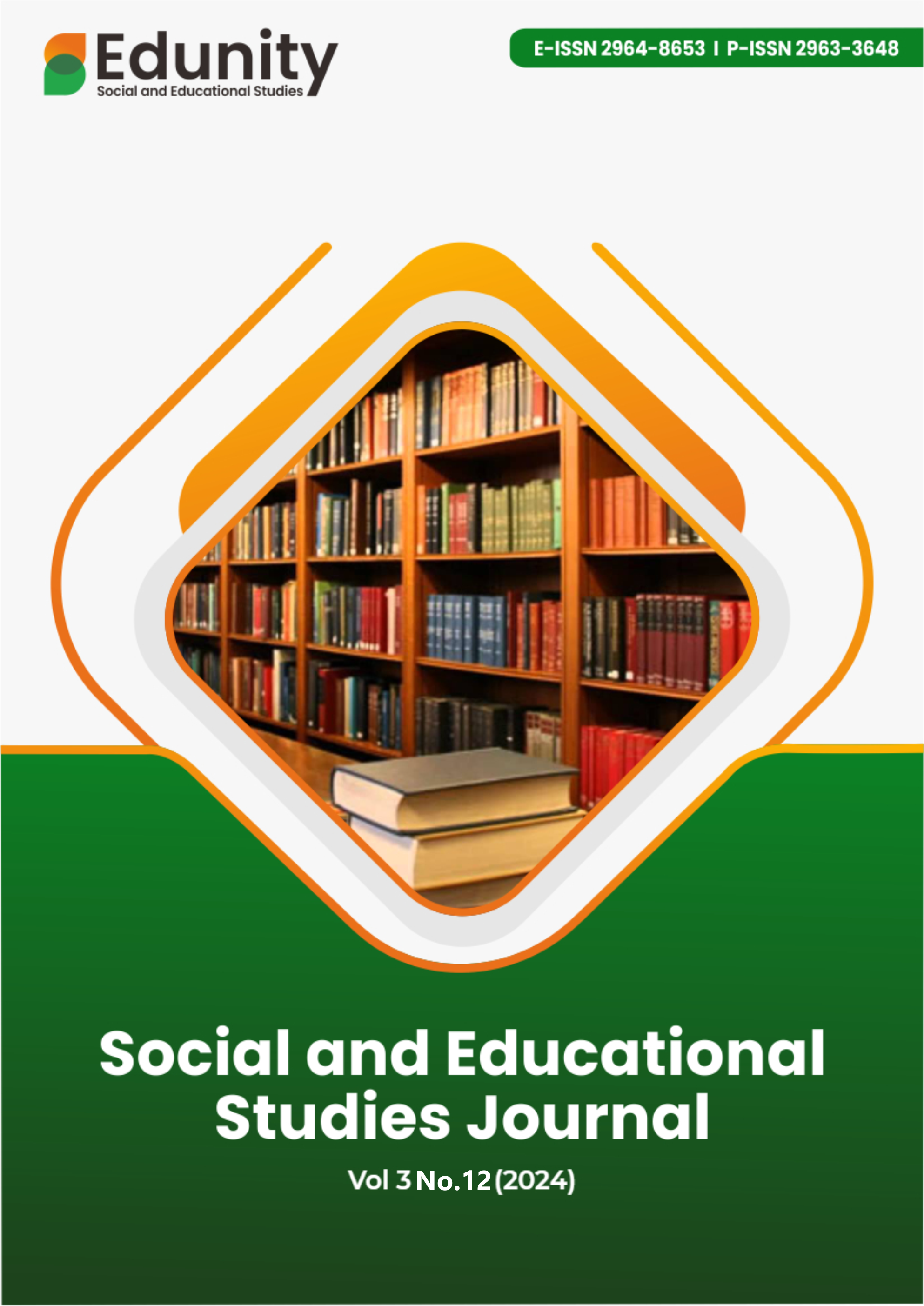Patent Development Strategy through PCT (Patent Cooperation Treaty) International Registration System: Challenge for Intellectual Property (IP) Attorneys in Indonesia
DOI:
https://doi.org/10.57096/edunity.v3i12.342Keywords:
patent development, intellectual property attorneys, PCT (Patent Cooperation Treaty) registration system.Abstract
This research addresses the role of Intellectual Property (IP) Lawyers in patent
registration and prosecution, particularly in the Patent Cooperation Treaty (PCT)
context. In a complex research and development environment, an understanding of the
risk of patent imitation is essential. This study aims to analyze the strategy of
international patent registration through the PCT system and evaluate its effectiveness
compared to national patent registration in Indonesia. This research uses a normative
legal approach by analyzing the literature and practical aspects relating to international
patent registration through the PCT system. The research findings show that
Intellectual Property Lawyers need to have in-depth knowledge of the national and
international patent registration systems. The research also highlights the challenges for
inventors with limited budgets in choosing between national Patent and PCT
registration, as well as the importance of strategic planning in registration to protect
innovation. This research underscores the important role of IP Attorneys in assisting
inventors through the patent registration process, both nationally and internationally,
and emphasizes that the PCT system is a viable option to effectively protect innovation
while managing costs.
References
Abbott, R. (2016). I think, therefore I invent: creative computers and the future of patent
law. BCL Rev., 57, 1079.
Carayannis, E. G., Samara, E. T., & Bakouros, Y. L. (2015). Innovation and
entrepreneurship. Theory, Policy and Practice, 218.
Dosi, G., & Stiglitz, J. E. (2014). The role of intellectual property rights in the
development process, with some lessons from developed countries: an
introduction. Intellectual Property Rights: Legal and Economic Challenges for
Development, 1, 1–55.
Drahos, P. (2016). A philosophy of intellectual property. Routledge.
Dratler Jr, J., & McJohn, S. M. (2024). Intellectual property law: Commercial, creative
and industrial property. Law Journal Press.
Dutfield, G. (2017). Intellectual property rights and the life science industries: A
twentieth century history. Routledge.
Eggert, A., Thiesbrummel, C., & Deutscher, C. (2015). Heading for new shores: Do
service and hybrid innovations outperform product innovations in industrial
companies? Industrial Marketing Management, 45, 173–183.
https://doi.org/10.1016/j.indmarman.2015.02.013
Gervais, D. J. (2017). Intellectual property, trade & development: The state of play. In
The Regulation of Services and Intellectual Property (pp. 323–353). Routledge.
Heriyanto, D. S. N., & Gultom, A. M. (2024). Intellectual Property as Collateral: The
Future of Indonesian Intellectual Property Legal Policy in Commercial
Transactions. JATISWARA, 39(2), 136–150.
Lobel, O. (2014). The new cognitive property: Human capital law and the reach of
intellectual property. Tex. L. Rev., 93, 789.
Margono, S. (2023). The Role and Challenge of The IP (Intellectual Property) Attorneys
In Valuation Of IP Asset Portfolios As CollateraL. Russian Law Journal, 11(6),
–166.
Margono, S. (2024). Islamic Law Aspect on in Valuation and Execution Intellectual
Property (IP) Asset as Bank Collateral in Creative Economy. International Journal
of Social Science Research and Review, 7(2), 263–282.
https://doi.org/10.47814/ijssrr.v7i2.2109
May, C. (2015). The global political economy of intellectual property rights: The new
enclosures. Routledge.
Parr, R. L. (2018). Intellectual property: valuation, exploitation, and infringement
damages. John Wiley & Sons.
Sople, V. V. (2016). Managing intellectual property: The strategic imperative. PHI
Learning Pvt. Ltd.
Weissman, R. (2017). A long, strange TRIPS: the pharmaceutical industry drive to
harmonize global intellectual property rules, and the remaining WTO legal
alternatives available to third world countries. In Globalization and Intellectual
Property (pp. 255–311). Routledge.

Downloads
Published
Issue
Section
License
Copyright (c) 2024 Suyud Margono

This work is licensed under a Creative Commons Attribution-ShareAlike 4.0 International License.
Authors who publish with this journal agree to the following terms:
- Authors retain copyright and grant the journal right of first publication with the work simultaneously licensed under aCreative Commons Attribution-ShareAlike 4.0 International (CC-BY-SA). that allows others to share the work with an acknowledgement of the work's authorship and initial publication in this journal.
- Authors are able to enter into separate, additional contractual arrangements for the non-exclusive distribution of the journal's published version of the work (e.g., post it to an institutional repository or publish it in a book), with an acknowledgement of its initial publication in this journal.
- Authors are permitted and encouraged to post their work online (e.g., in institutional repositories or on their website) prior to and during the submission process, as it can lead to productive exchanges, as well as earlier and greater citation of published work.






